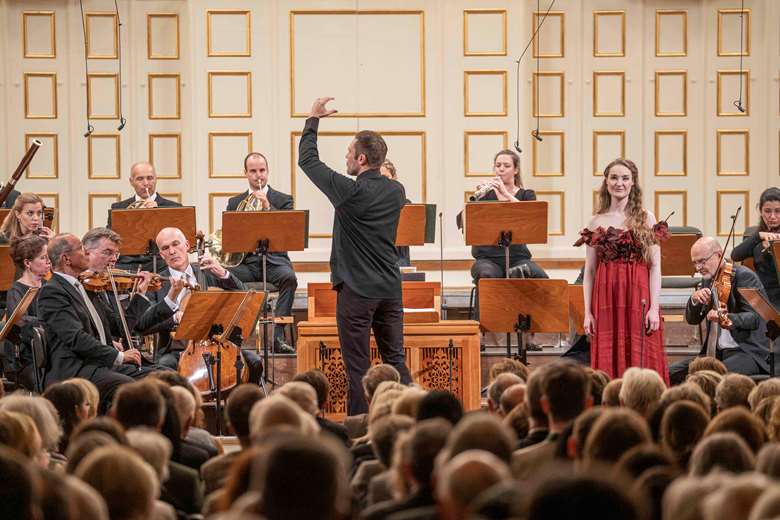The ‘Roberto effect’: Roberto González-Monjas on adapting to new ensembles
Florence Lockheart
Friday, August 18, 2023
With performances characterised not only by his profound understanding of the music, but also by the warmth and joy communicated between conductor and orchestra, Roberto González-Monjas’s tenure with Salzburg's Mozarteum Orchestra is off to a flying start – before it’s even started


Register now to continue reading
Don’t miss out on our dedicated coverage of the classical music world. Register today to enjoy the following benefits:
- Unlimited access to news pages
- Free weekly email newsletter
- Free access to two subscriber-only articles per month


